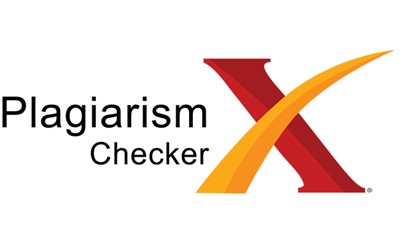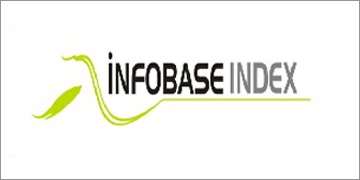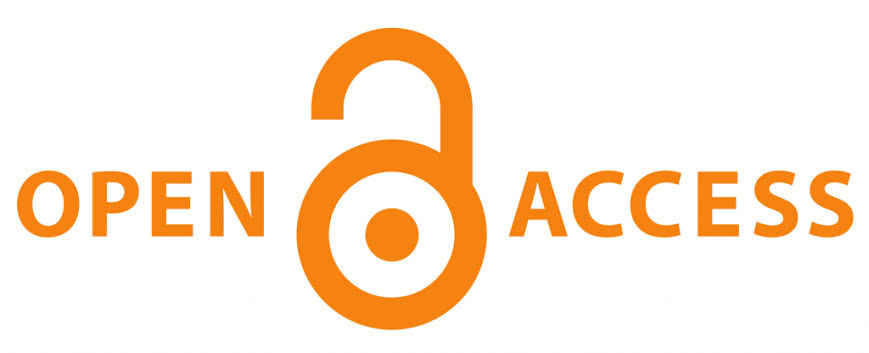The Character of Legal Products of the Job Creation Law Related to Licensing Simplification
Abstract
Abstract
Simplifying the business licensing process is one of the main focuses in Law No. 11/2020 on Job Creation to boost economic growth and attract investment. However, the implementation of this policy faces various challenges, including overlapping regulations, difficulties in implementing the OSS system, and neglect of environmental protection. This research examines the issue of licensing simplification based on Mahfud MD's political theory of law, which distinguishes between democratic political configuration and responsive legal products. The results of the study show that the Job Creation Law is more inclined towards conservative and elite legal characters, which are more concerned with the ease of investment than environmental impacts and public participation. In addition, the drafting process is considered less transparent and does not adequately involve the community, thus creating a legal product that is not responsive to the needs of the people. The simplification of licensing in the Job Creation Law needs to be improved to be in line with the principles of democracy and social justice that form the basis of the Indonesian state.
Keywords: Legal Product Character, Legal Politics, Job Creation Law.
References
Bibliography
A. Book
Baldwin, Robert, Martin Cave, and Martin Lodge. 2011. Understanding Regulation: Theory, Strategy, and Practice. 2nd ed. Oxford: Oxford University Press.
Cahyaningrum. 2019. Environmental Licensing System in Environmentally Oriented Infrastructure Development 2. [No publisher stated].
Danusaputro, St. 1998. Environmental Law. 1st ed. Bandung: Bina Cipta.
ICEL. [n.d.]. Environmental Law and Policy in the Process of Accelerating Investment: Notes on the Discourse of the Omnibus Law on Job Creation. [No publisher stated].
Kelsen, Hans. 2008. Pure Theory of Law. 5th ed. California: University of California Press.
Mahfud Md, Moh. 2009. Legal Politics in Indonesia. Jakarta: Rajagrafindo Persada.
Mahfud, Moh. 2012. Building Legal Politics. In Upholding the Constitution. Jakarta: Rajawali Press.
Muhjad, Muhammad Hadin. 2015. Environmental Law: An Introduction for the Indonesian Context. [No publisher stated].
Rangkuti, Siti Sundari. 2005. Environmental Law and Environmental Policy. Surabaya: Airlangga Press.
Rishan, I., and FH UII Press. 2020. Law & State Politics. Yogyakarta: FH UII Press. https://books.google.co.id/books?id=oRd3zgEACAAJ.
Sutedi, Adrian. 2010. Licensing Law in the Public Service Sector. [No publisher stated].
Wijoyo, Suparto. 1999. Environmental Dispute Resolution. Surabaya: Airlangga University Press.
B. Journal
Amania, Nila. 2020. "Problematics of the Job Creation Law in the Environmental Sector." Syariati: Journal of Qur'anic and Legal Studies 6 (2): 209–220.
Black, Julia, and Robert Baldwin. 2012. "When Risk-Based Regulation Aims Low: Approaches and Challenges." Regulation & Governance 6 (1): 2–22.
Devara, Evan, Maret Priyanta, and Yulinda Adharani. 2021. "Innovation of Risk-Based Approach in Environmental Approval Based on the Job Creation Law." LITRA: Journal of Environmental Law, Spatial Planning, and Agrarian Affairs 1 (1): 101–116.
Jurnal Ilmu Hukum Riau. [n.d.]. "The Position of Environmental Permits in the Licensing System in Indonesia." Jurnal Ilmu Hukum Riau 2 (2): 9115.
Luhukay, Roni Sulistyanto. 2020. "The Function of the Draft Omnibus Law on Job Creation in Accelerating Economic Growth." Jurnal Meta Yuridis 3 (1): 38–52.
Rhiti, H., and Y. Sri Pudyatmoko. 2016. "Environmental Licensing Policy in the Special Region of Yogyakarta." Mimbar Hukum – Faculty of Law, Gadjah Mada University 28 (2): 263–276.
Sukananda, Satria, and Danang Adi Nugraha. 2020. "The Urgency of Environmental Impact Analysis (AMDAL) as a Control Measure for Environmental Impact in Indonesia." Journal of Law Enforcement and Justice 1 (2).
Syaputra, Muhammad Yusrizal Adi. 2016. "Juridical Review of the Hierarchy of Legislation in Indonesia from the Perspective of Stufen Theorie." Jurnal Mercatoria 9 (2): 95–103.
C. Laws
Indonesia. 2020. Academic Manuscript of Law Number 11 of 2020 on Job Creation.Naskah Akademik Undang-Undang Nomor 11 Tahun 2020 tentang Cipta Kerja
Indonesia. 2020. Law Number 11 of 2020 on Job Creation.
DOI: 10.33751/palar.v11i1.11898
 Abstract views : 55
Abstract views : 55
Refbacks
- There are currently no refbacks.

This work is licensed under a Creative Commons Attribution-NonCommercial-ShareAlike 4.0 International License.

.png alt=)
























